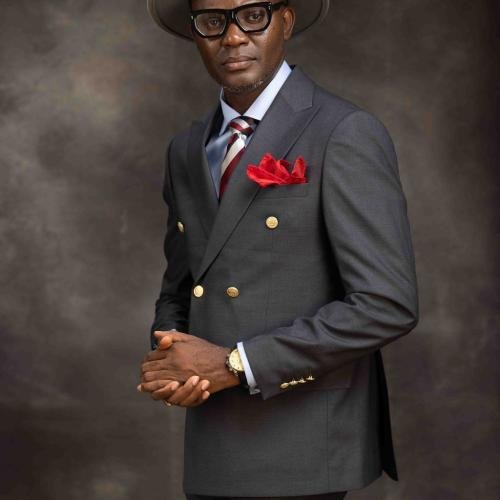In societies across the world, one question remains constant: does power control money, or does money control power? The truth, as history and experience show, is that wealth often shapes authority.
From Nigeria’s business giants to global billionaires, financial power frequently determines who gets heard, who gets supported, and who controls the levers of influence. Prince Adelaja Adeoye, reflecting on the wisdom passed to Femi Otedola in Making It Big, reminds us that “Power usually bows to money.”
Why Money Commands Power
- Political Campaigns Depend on Funding – Without money, politicians cannot win elections.
- Economic Influence Shapes Policy – Wealthy individuals and corporations lobby governments to shape favorable policies.
- Access and Opportunities – Money buys networks, access, and influence in places power alone cannot reach.
Nigerian Context
In Nigeria, business moguls such as Otedola, Dangote, and Adenuga have shown that financial independence grants political respect. Their ability to create jobs, sponsor industries, and stabilize markets makes them indispensable even to those in political power.
The Global Connection
Globally, figures like Elon Musk and Jeff Bezos demonstrate how wealth drives influence. Their innovations in technology and investments have not only shaped industries but also influenced government decisions.
Key Lesson for Young Africans
Building sustainable wealth should be a priority. Influence without money is fleeting, but financial independence provides leverage that commands respect.
Conclusion
Power without wealth is fragile. As Prince Adelaja Adeoye notes, it is money that often gives power its direction. For future leaders, entrepreneurs, and youth, the path forward is clear—invest in building wealth, and authority will follow.


